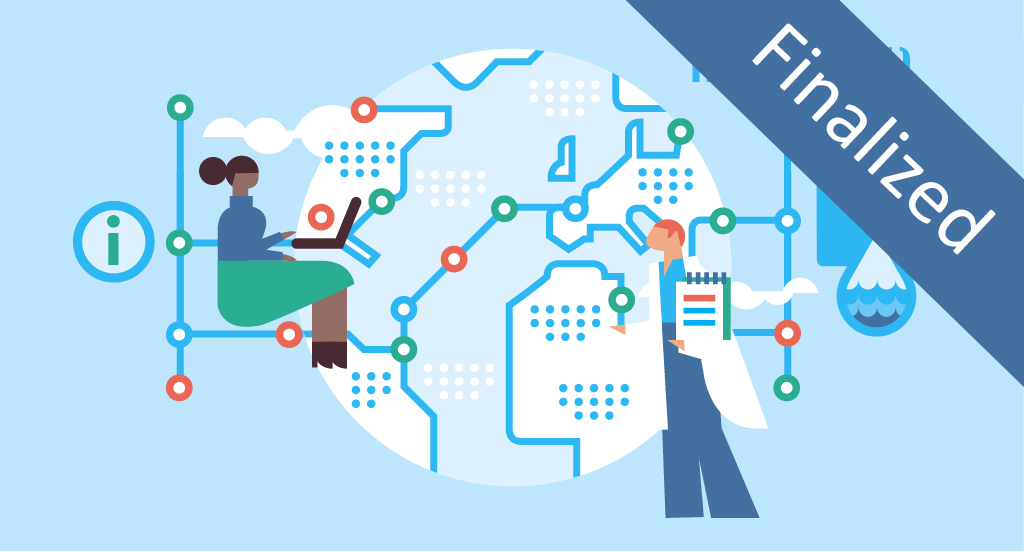
Hans van der Kwast
Hans van der Kwast is a physical geographer specialized in GIS and remote sensing. From 2007 to 2012, he worked at the Flemish Institute for Technological Research (VITO) as a researcher in environmental modelling. In 2009 he defended his PhD at Utrecht University on the integration of remote sensing in soil moisture modeling using the PCRaster Python framework. Since 2012 he works at IHE Delft Institute for Water Education. In his teaching and capacity development projects he actively promotes the use of open source software and open data by mid-career professionals from the Global South. He’s a board member of the Dutch QGIS User Group and a QGIS certified lecturer. He is also co-author of the book QGIS for Hydrological Applications.


